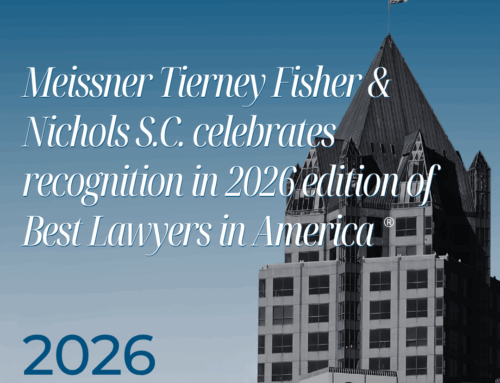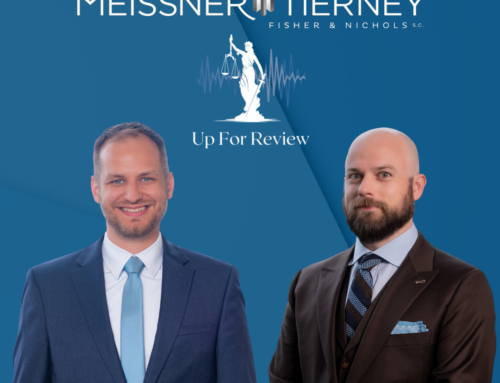In 2001, an extremely rare 1938 Talbot Lago sports car was stolen from a Milwaukee business in what the supreme court described as “an international smuggling effort” and remained missing for over a decade. In 2016, the prized vehicle reappeared in the hands of TL90108, LLC, who attempted to purchase it overseas in Europe. MTFN attorneys filed suit on behalf of the co-plaintiff Richard Mueller (the devisee of the true owner) for replevin to recover the stolen vehicle. The circuit court dismissed the case, reasoning that the cause of action for replevin accrued in 2001 when the vehicle was stolen and was therefore barred by the six-year statues of repose—Wis. Stat. §§ 893.35 and 893.51.
MTFN attorneys, working on behalf of Mueller, took the case to the court of appeals and won. The court of appeals concluded that Mueller’s replevin claim was not barred because the cause of action accrued “at the time of the wrongful detention, not wrongful taking or conversion when TL declined to return the car when plaintiffs demanded it.”
This, however, was not the end of the matter. TL filed a petition for review with the Supreme Court of Wisconsin, seeking reversal of the favorable court of appeals decision. The supreme court granted TL’s petition to determine the issue of “whether the six-year statutes of repose bar Mueller and Ford’s action for replevin.”
Attorney James M. Sosnoski, who helped craft the oral argument strategy, said “this issue is much more complex than it appears at first glance, and courts across the country have wrestled with how to address claims for recovery of stolen property where the theft occurred many years, often decades, prior to filing suit. Wisconsin’s statute is unique in that it is a statute of repose, which measures time differently than a statute of limitations.”
Before this state’s highest court, MTFN attorneys were once again victorious. The supreme court affirmed the court of appeals and held that the true owner of stolen property “can maintain a replevin action for wrongful detention against a subsequent purchaser of converted property.”
“This was a huge victory for our client,” said Attorney Sosnoski, “and it goes a long way towards protecting theft victims by giving them their day in court.”






